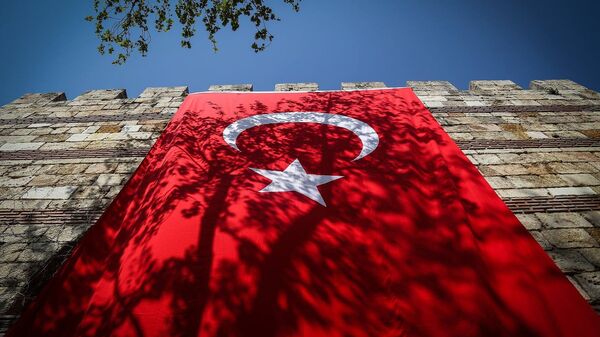Following the attempted coup in 2016, the Turkish government detained thousands of journalists, diplomats, judges, members of the military and human rights activists. Ankara accused the detained of having links to Gulen and playing a role in the attempt to overthrow the government.
Turkish authorities have repeatedly sent requests to Washington for Gulen to be extradited, but the US government has so far denied the demands to hand over the Islamic cleric. Gulen, who lives in self-imposed exile in the United States, has denied involvement in the attempted coup.
When asked about the prospects the United States would extradite Gulen to Turkey, Saygun noted, "No, they won't", adding that the issue adversely affects US-Turkey relations.
"The relations between the two countries are worse than any period I can remember and I've been working on these issues for about 40 years", Saygun said. "Gulen should be [extradited] if the Turkish government wants him to be extradited, he should face trial, it's as simple as that".
On Monday, the Turkish government marked the third anniversary of the attempted coup, in which more than 300 people were killed and another 2,000 injured.
In addition, Saygum said the United States’ plans to impose sanctions on Turkey over its purchase of S-400 air defence system "is not fair".
"They keep talking about NATO alliance, but the NATO alliance... prohibits countries from [imposing] economic sanctions on other countries. So, what they are doing is not in line with the North Atlantic Treaty", Saygun said. "We don't know what the sanctions will be but anything trying to force us to do something does not positively affect our relations".
The United States claims that the Russian S-400 air defence systems are not compatible with NATO defences and may compromise the F-35 stealth fighter. In addition, Washington announced in June that it would not accept Turkish pilots to train on the F-35 jet unless Ankara abandoned its agreement with Russia to purchase the S-400. Turkey refused, saying the purchase of the S-400 was a done deal.
Russia began delivering parts of the S-400 air defence systems to Turkey on 12 July.
On Sunday, Turkish President Recep Tayyip Erdogan said that as many as 100 Turkish experts have been sent to Russia to learn how to operate the S-400 systems. Erdogan also said the process of importing and installing the S-400 systems would be complete by April 2020.
According to media reports, the United States has decided on a package of sanctions against Turkey over the procurement of the S-400 systems, which it may announce later in July.
Views and opinions expressed in this article are those of the speaker and do not necessarily reflect those of Sputnik.

